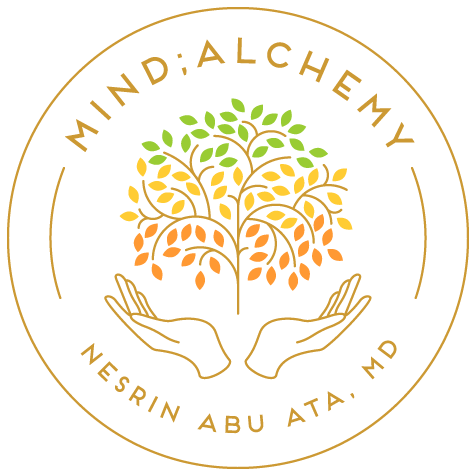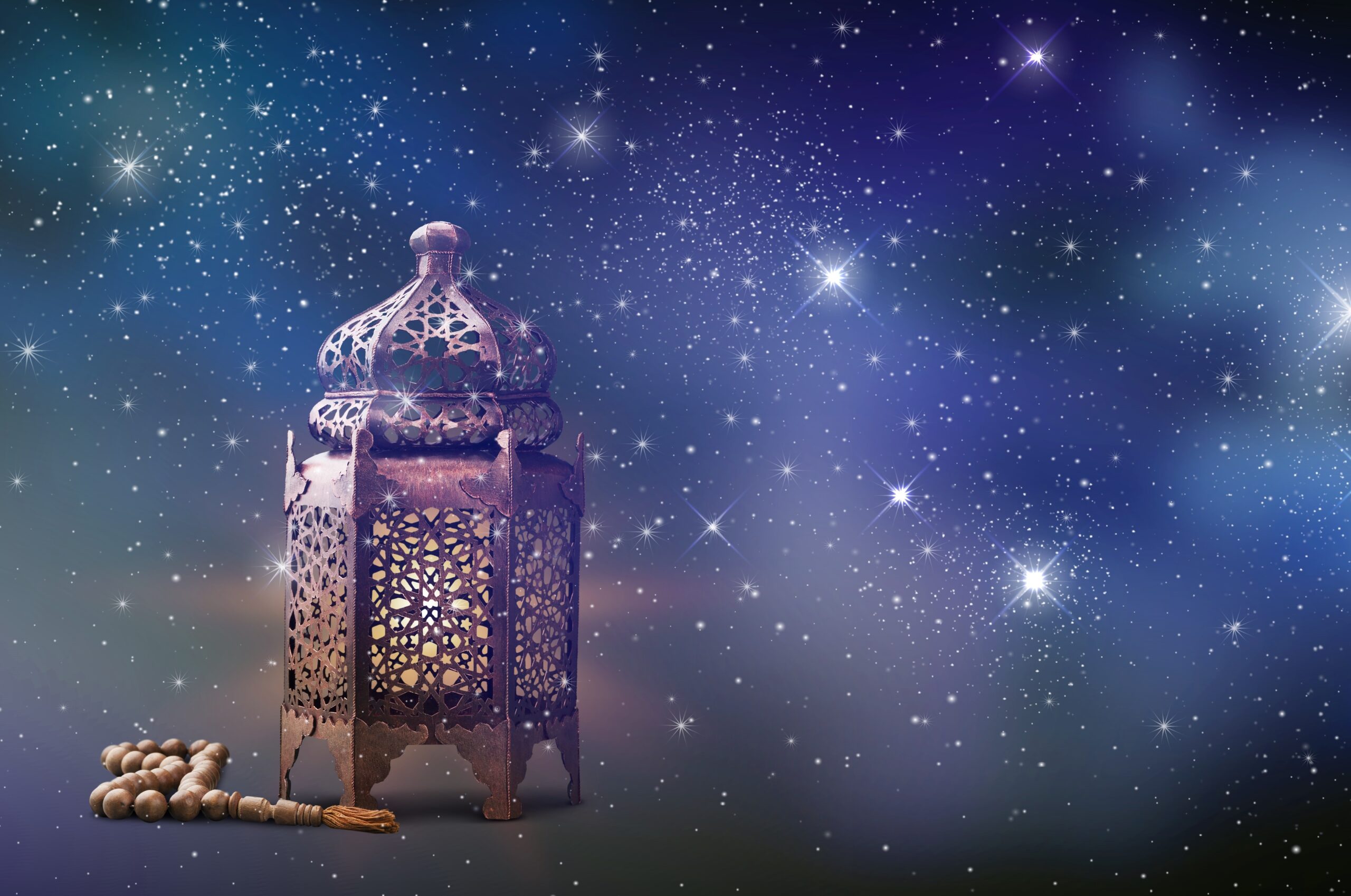If you live in the US, and hear the word Ramadan, what comes up to your mind? The most common answer is fasting.
But, there is much more to Ramadan than fasting.
One of the communities I grew up in during my formative years was the Muslim community. The majority of my friends and their families were Muslim, and so I got to experience the month of Ramadan by osmosis, through being in community with other Muslim friends and in relationships.
And, while I don’t identify as Muslim, I have come to appreciate certain lessons I learned from my Muslim friends that I reflect on during this time that I want to share with you to inspire you the way I have been inspired over the years.
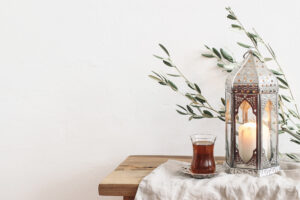
What is Ramadan?
First off, Ramadan is the Arabic name for the ninth month in the Islamic calendar. It is considered one of the holiest months for Muslims and is marked by a period of fasting, and considered one of the five pillars of Islam.
Muslims believe that some of the first verses of the Islamic holy book, the Qu’ran, were revealed to the Prophet Muhammad during the month of Ramadan. Emphasis is placed on reciting the Qu’ran during this month.
Muslims are also encouraged to give to charity, strengthen their relationship with God, and show kindness and patience. At the end of Ramadan, Muslims observe a celebration called Eid al-Fitr (the Festival of Fast-Breaking).

The Importance of Intentions
This is one of the first lessons I learned as a child watching my Muslim friend fast during Ramadan.
My friends’ parents taught them that:
- It is important to set intentions to fast as the day starts, and intentions to do good (whatever it is one chooses). That can be showing compassion, serving others, including those who are less fortunate. Setting intentions about where to focus one’s energy and thoughts is an important aspect of the process.
- Intentions are a matter of the heart, and between the person and God. It is not about showing off or getting recognition from others. Intentions are made to bring one closer to God in the internal journeys one takes.
- Actions are the outcome of intentions. Intentions and deeds are not separable. As one fasts, one reflects throughout the day, how are my actions and words serving the intention that I set for today?

The Importance of self-discipline And Sacrifice
Where intention is, attention and thus energy flows. Self-discipline and sacrifice for the purpose of spiritual growth become some of the focus during Ramadan. One’s attention is focused on their spiritual path, intention, and serving others in community through acts of service, like feeding the hungry.
This is not something our self-gratifying and consumer driven society encourages us to take the time out to concentrate on and cultivate.
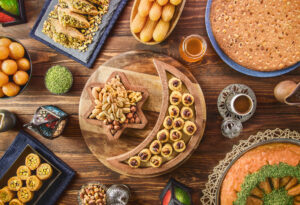
A Strong Sense of Community And Belonging
There is a wonderful shared sense of community in the experience of fasting together, and coming to eat together. All the while being engaged in the pursuit of spiritual growth, however it looks for each individual.
And, while following through with the intentions and fasting can be challenging, the journey is experienced in community. And when we experience this sort of journey in community, somehow the burdens become lighter and the intention more achievable.
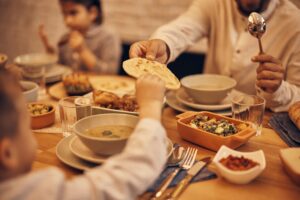
How Does this Apply To Mental Health? (I am a psychiatrist after all).
Intention Setting
I always ask my patients when I meet with them, what is your intention for your healing? Where do you want to see yourself? How would your life look differently thanks to this intention?
Setting intention takes some soul searching. It takes courage to look deep within, sometimes when it’s very painful, to name what you don’t want or what you long for. It takes courage to recognize that you are worthy enough to set an intention for what you need on your healing journey. It takes commitment and belief to follow through with the intention.
Imagine, if you were to commit to an intention you set for your growth for 30 days the changes that you will see.

Community
It is hard to keep doing something when you are alone. We all run out of steam. But, imagine the stamina you are able to build when setting intention is done within a community, where others also have set their own intentions. The burden of sticking with it becomes a little lighter, when you know that you are not doing it alone.
Can you find others that you can share your setting intention journey with? Can you cultivate a “setting intention” community around you?
So, I invite you to find some friends that also want to grow and evolve to set intention with.
Can you share a “setting intention” coffee date?
Can you commit to the intention for 30 days?
Can you draw on the support and strength of your community to keep going?
The next time you see a Muslim friend, wish them a “Ramadan Kareem”.

